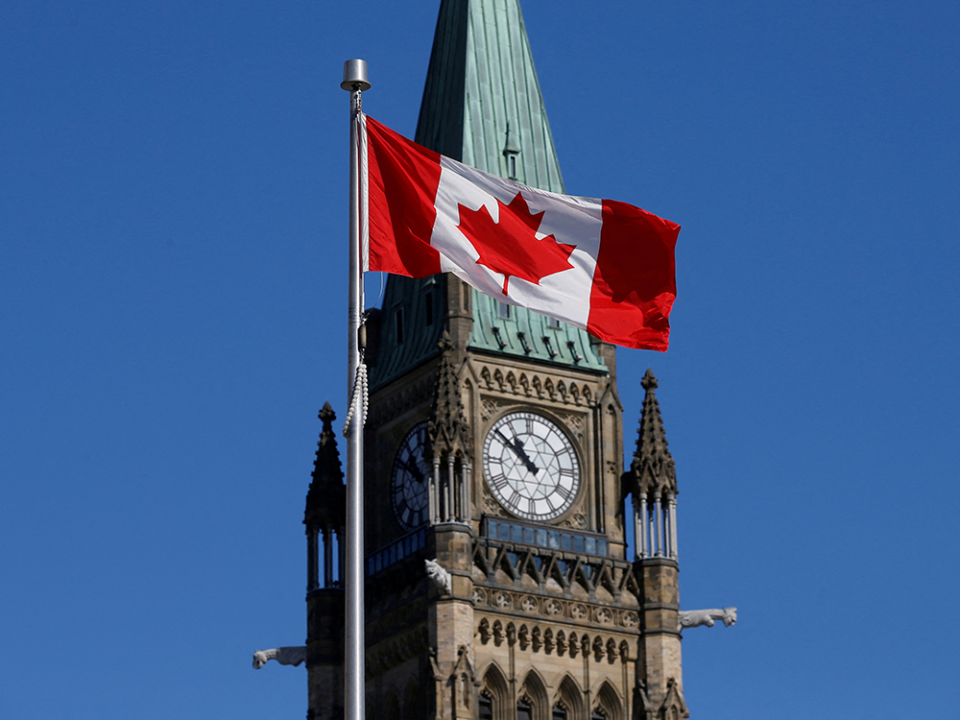Ottawa moves to end subsidies for new oil and gas projects overseas

Ottawa has unveiled tough new policy guidelines halting the public financing of new oil and gas projects overseas by the end of the year.
The new policy announced on Thursday will apply to all federal departments, Crown corporations and public agencies, but will target Export Development Canada (EDC) in particular. The agency within the Ministry for International Trade currently has $2.5 billion in committed financing for international fossil fuel projects — business that will not be renewed, Natural Resources Canada said in a release.
The policy will apply to all oil and gas operations outside of Canada, regardless of where the company is headquartered — but will exclude decarbonization projects for existing fossil fuel facilities so long as the mitigation does not extend the life of the facility.
Some unabated natural gas power generation projects could also be exempt, the government said, provided they meet strict criteria including that there is no viable renewable alternative to the project.
The policy addresses how Canada will meet the commitment it made last year at the COP26 climate conference alongside nearly 40 countries, including the United Kingdom and the United States.
In this year’s federal budget, Ottawa announced the elimination of certain tax deductions for resource expenses related to oil, gas and coal activities in 2023 and plans to reduce nine other subsidies that are in the process of being phased out.
Ottawa previously committed to ending all public financing of domestic fossil fuel projects and signalled that more details are on the way early next year.
“The guidelines issued today are distinct from and do not pre-determine the Government of Canada’s future domestic framework on fossil fuel subsidies,” the department said. “The government recognizes that work must also be done to eliminate inefficient fossil fuel subsidies domestically and commits to eliminating additional significant fossil fuel subsidies early in 2023.”
Athabasca Oil says it will greenlight carbon capture project in the oilsands next year
Cenovus plans to boost production and shareholder returns in 2023
Analysts have previously warned that the policy could drive up the cost of capital for oil and gas companies seeking to develop new projects — a concern which has been compounded by disruptions to global energy supplies resulting from Russia’s invasion of Ukraine.
The EDC said it will continue to expand its annual financing of clean technology with a target of growing investment from $6.3 billion in 2021 to $10 billion by 2025.
The new policy was applauded by environmental advocates who argue it is crucial that wealthy nations stem the flow of capital supporting fossil fuel projects in order to limit global warming to 1.5 degrees Celsius.
“Canada is one of the worst fossil fuel financiers in the G20, we’re top one (or) two, so it’s incredibly important for our climate commitments that we stop bankrolling oil and gas projects wherever in the world they happen,” said Julia Levin, national climate program manager with Environmental Defence. “The science is very clear, the (International Energy Agency) has been very clear, that any financing for fossil fuels is incompatible with limiting temperature rise to 1.5 degrees.”
Levin said her biggest remaining concern was language in the policy, which could leave the door open to projects exempted on the basis of “national security, including ensuring the energy security requirements of Canada (or) an ally” — an exemption that she suggested that proponents of liquefied natural gas export projects, in particular, would attempt to exploit. “We have to continue to make sure government isn’t using these loopholes to violate or undermine what is a really strong policy,” she said.
• Email: mpotkins@postmedia.com | Twitter: mpotkins

 Yahoo Finance
Yahoo Finance 